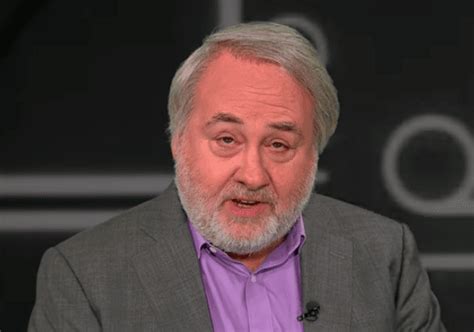A Quote by Rutger Bregman
The first thing we should acknowledge is that poverty is hugely expensive. It varies from country to country, but most of the time it's around 3, 4 or 5% of GDP. If you look at what it would cost just to top up the income of all the poor people in a country, it would cost about 1% of GDP.
Related Quotes
Most people in the country would think the diamond jubilee is a wonderful occasion for us to celebrate together as a community and as a nation. But I suspect that most people in the country would think, given that there is very little money around, that this probably would not be the top of their list of priorities for the use of scarce public resources.
Going back to the discussion we were having about immigration reform, some of the most challenging discussions I've had are with activists who essentially would argue that any immigrant from Central America, let's say, who gets here to this country should be allowed to stay because their country is dangerous, their country is poor, and the opportunities for that mom and that kid are much greater here, and why would you send them back?
I cannot find words to express the depth of my loss or outrage about what's happening to this country. I don't know if I can find the words for it, but if this country ever recovers, it will not be in my lifetime. If I were elected President, the first thing I would do would be to set up a Department of Restoring the Bill of Rights. I would have 10,000 people working there.
It's so hard for me to even acknowledge America without talking about race. If you look at our society, if you look at the prisons, if you look at the poverty and which side of the line the majority of people are, we have to acknowledge how we divide ourselves up, that there's racism alive in this country. And it's not in the law. It's in our minds. And that's what we have to actively battle.
You won't be reading reviews of the dystopian sci-fi flick Aeon Flux in the papers today because it wasn't screened for the press-and, given that it cost the GDP of a small country and that Charlize Theron and the director, Karyn Kusama, are critics' darlings, this could mean but one thing: A stinker. A weapon of mass destruction. A planet-killer. Folks, I'll never understand studios. Aeon Flux is not that terrible.
Everybody spoke English in my class, and they would turn to me and say, "What's going on in your country?" I would try to explain to Austrians, Poles, Australians, Israelis, Costa Ricans - people from all over the world - what was going on in our country. I would have to say, "I don't know what's going on, either. It's pretty evenly divided in our country. Sometimes one part's on top, and other times, the other faction is on top, and right now it's just crazy. We hate it as much as you do."







































